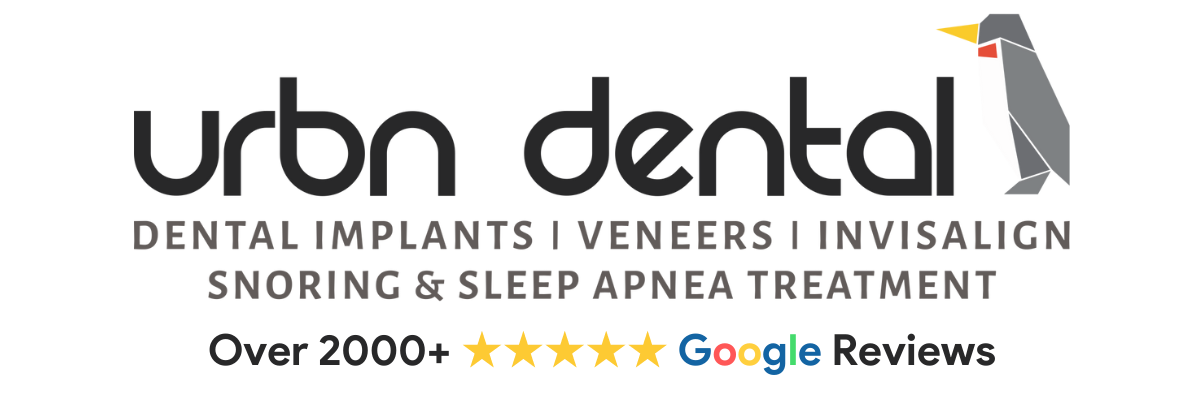In This Article
According to the American Family Physician, 22% of all people have experienced severe toothache, dental pain, or dental problems in the last six months. This statistic highlights the frequency of dental problems. However, people have a hard time distinguishing regular dental problems from dental emergencies. That’s because the lines can be blurred — a mere toothache can often be a dental clinic in Houston, while a dental fracture may not be an emergency. Generally speaking, dental emergencies are situations in which you have a dental abscess, pus formation, bleeding, or severe dental pains, i.e., problems that can’t wait and need immediate attention. You should contact an emergency dentist urgently if your dental problem can’t wait. However, you shouldn’t contact an emergency dentist urgently if you have a normal dental problem that can wait for a few days or weeks, such as a tiny hairline crack on your tooth, mild toothaches, or a lost crown or filling. In this article, we discuss when to seek emergency dental care or contact an emergency dental clinic in Houston.

Loose Tooth
Adults should never have to deal with a loose or wiggly tooth. Once you get your permanent teeth, they’re supposed to remain firmly rooted in place for a lifetime. If you have a loose tooth, you have a dental problem caused by one of several reasons. Your loosened tooth can signify a severe dental injury or fracture, caused by external trauma, such as a sporting injury or car accident. If not that, you may also have an infection in your gums or teeth, leading to gum disease, dental caries, or other problems. Both of these are serious dental emergencies for which you must contact an emergency dental clinic.
Severe Toothaches
Gentle and mild toothaches aren’t any cause for concern, and you can generally handle them with home remedies like a cold compress, hot pack, flossing, or other methods. However, if your toothache is persistent and doesn’t go away, you may have a problem. Severe and persistent toothaches can signal several dental problems, including dental abscess, dental injury, infections, gum disease, etc.
Bleeding and Aching Gums
Your gums shouldn’t bleed when you’re brushing or flossing. However, if your gums start bleeding easily, you may have a severe dental problem. Easily bleeding or aching gums are usually signs of gum disease or periodontitis, for which you need immediate treatment. Gum disease is a common dental problem in which bacteria infect your gums, eventually leading to gum recession and the loss of tooth or bone structure. You must contact an emergency dental clinic if you have bleeding, aching, or overly-sensitive gums.
Swollen Jaws
Your jaw may be swollen for several reasons, including inflammation and infections. You should immediately contact an emergency dentist if you have swollen jaws accompanied by a fever, respiratory problems, and a bad taste in your mouth. These are all strong signs of a salivary gland infection, a condition in which bacteria cause a blockage in your salivary glands, preventing saliva from breaking down your food or removing excess bacteria.
Dental Abscesses or Pus Formation
The presence of a dental abscess, usually identified by pus or cyst formation, is one of the most serious dental emergencies. A dental abscess is an incredibly painful tooth infection, usually appearing on your tooth’s root. Dental abscesses are completely avoidable because they usually occur when you don’t treat a cavity or gum disease for an extended period. A dental abscess can also lead to fevers, pus, swollen glands, and various other dental problems. In its worst form, a dental abscess can also be life-threatening because the infection can spread to the rest of your body through your bloodstream.
Canker Sores
If you have canker sores or lesions in or around your mouth that won’t go away, you must contact an emergency dental clinic immediately. Canker sores often go away on their own, but if you have persistent canker sores, you should be concerned. Infected canker sores can be caused by several dental problems.
Knocked-Out Tooth
If your tooth gets knocked out from its root, you must contact an emergency dental clinic immediately. A knocked-out tooth can be reattached to your gums if you contact an emergency dentist soon, but the likelihood of reattachment severely decreases after an hour. As such, you must have someone drive you to a dentist open near me, so the emergency dentist can reattach the tooth while it’s still possible.
Numb Teeth
Did you have a toothache that eventually disappeared, and now you have no feeling in your tooth? If your tooth is completely numb, the infection may have spread into the root canal, killing the sensory nerves responsible for sensitivity. If a tooth goes numb, you should immediately contact an emergency dentist because it’s an indication that the infection has spread far.

I have a dental emergency. What should I do?
If you have a dental emergency, you must go through your dental first-aid kit to control the bleeding or dental situation, and then contact your emergency dentist. You should calmly explain the situation to the emergency dentist and follow their recommendation. If the dental emergency asks you to have someone drive you to the emergency dental clinic, do that. If not, you probably don’t have a dental emergency and can wait a while.
Contact emergency Dental Clinic in Houston
URBN Dental is one of the most reputable emergency dental clinics in Houston, Texas. Our emergency dentists carefully examine your dental emergency to recommend the best procedures to treat the condition as soon as possible. Our dental clinic is open on Saturdays, and we accept last-minute walk-in appointments. For more information, please contact an emergency dental clinic in Houston.
Summary:
Are you wondering when to seek emergency dental care or contact an emergency dental clinic? According to the American Family Physician, 22% of all people have experienced severe toothache, dental pain, or dental problems in the last six months. This statistic highlights the frequency of dental problems. However, people have a hard time distinguishing regular dental problems from dental emergencies. That’s because the lines can be blurred — a mere toothache can often be a dental emergency, while a dental fracture may not be an emergency. Generally speaking, dental emergencies are situations in which you have a dental abscess, pus formation, bleeding, or severe dental pains, i.e., problems that can’t wait and need immediate attention. You should contact an emergency dentist urgently if your dental problem can’t wait. However, you shouldn’t contact an emergency dentist urgently if you have a normal dental problem that can wait for a few days or weeks, such as a tiny hairline crack on your tooth, mild toothaches, or a lost crown or filling. URBN Dental is one of the most reputable emergency dental clinics in Houston, Texas. For more information, please contact an emergency dentist near me today.

